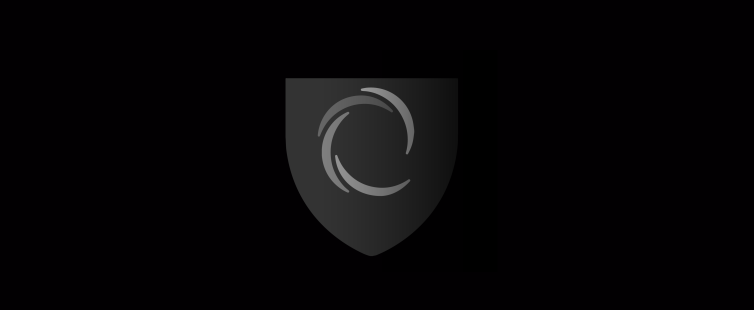How to get a Finnish IP address
The easiest way to improve your digital privacy is to switch your IP address using a VPN. We’ll …

The European Union will imminently vote on Article 13 of the Directive on Copyright, a law that, as written, will have unintended consequences that could change the internet as we know it.
Article 13 makes internet platforms liable for monitoring user-uploaded content for copyright infringement. If a piece of content is found to infringe on copyright, then the site itself—like Facebook, YouTube, Twitter, and so on—is responsible for taking it down. If they fail to do so, the company would be held liable.
Where the problem lies is how these platforms are expected to identify and remove the copyright content. In not so many words, the Directive alludes to the need to use expensive automated filters to scan every piece of content uploaded to prevent any copyright material from slipping through the cracks.
Moreover, the filter technology available today is not 100% accurate; it likely won’t be able to accurately detect original content from copyright content, meaning it could effectively censor or block content from the original creator. And asking companies to implement such technology is incredibly expensive; many niche sites and social forums will cease to exist.
This is precisely the opposite of an open and free internet. At AnchorFree, we stand by the need to protect content creators against copyright infringement, but Article 13 is not the way to do it. Even many YouTubers are adamantly against Article 13.
This is in part because the content creators who have their original material mistakenly blocked will be treated as guilty until proven innocent. The process to approve their content will likely be time-consuming, leading to a loss of income.
As for the companies themselves, Article 13 includes an exemption for internet platforms under 3 years old, earning less than 10 million Euros, and with a readership of below 5 million monthly visitors.
However, by the time Article 13 would become law, every company around today would exceed the 3-year cutoff, and many small- to medium-sized businesses would be unable to implement the expensive tech leading to inadequate monitoring for copyright infringement. This could potentially put them out of business, costing millions of people their jobs.
Article 13 is not the way to prevent the spread of copyright material. It will alter the very fabric of the internet, creating a more censored environment that stifles innovation.
To take action, head to social media and voice your disapproval of Article 13 by using the hashtag #SaveYourInternet. Visit SaveTheInternet.info to learn more.
